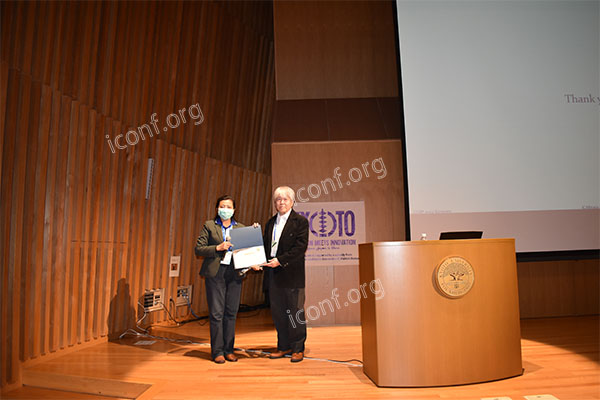Academic Conferences: Bridging Gaps in Global Research
Academic conferences play a crucial role in connecting researchers worldwide, fostering collaboration, and advancing knowledge. Here’s how they bridge gaps in global research.

1. Facilitating Collaboration
Conferences provide a platform for researchers to meet and collaborate:
• Networking Opportunities: Meet peers and experts from diverse fields.
• Interdisciplinary Dialogues: Engage in discussions that transcend traditional boundaries.
For upcoming conferences, visit academic.net.
2. Sharing Cutting-Edge Research
Presenting at conferences allows researchers to share their latest findings:
• Real-Time Feedback: Gain insights and suggestions from fellow academics.
• Visibility: Increase the visibility of your research on a global stage.
Explore presentation opportunities at academic.net.
3. Fostering Innovation
Conferences are hotbeds for innovative ideas and breakthroughs:
• Workshops and Panels: Participate in sessions that inspire new research directions.
• Technology Showcases: Discover the latest tools and methodologies.
Learn more about fostering innovation at academic.net.
4. Addressing Global Challenges
Conferences tackle pressing global issues through collaborative research:
• Policy Discussions: Engage with thought leaders on solutions to global problems.
• Research Collaboration: Form partnerships to address complex challenges.
Find conferences focusing on global challenges at academic.net.
5. Enhancing Professional Development
Attending conferences contributes to personal and professional growth:
• Skill Development: Gain new skills through workshops and seminars.
• Career Advancement: Enhance your CV with conference presentations and networking.
For resources on professional development, visit academic.net.
________________________________________
By participating in academic conferences, researchers can bridge gaps in global research, drive innovation, and contribute to solving worldwide challenges. For a comprehensive list of conferences and resources, visit academic.net.
